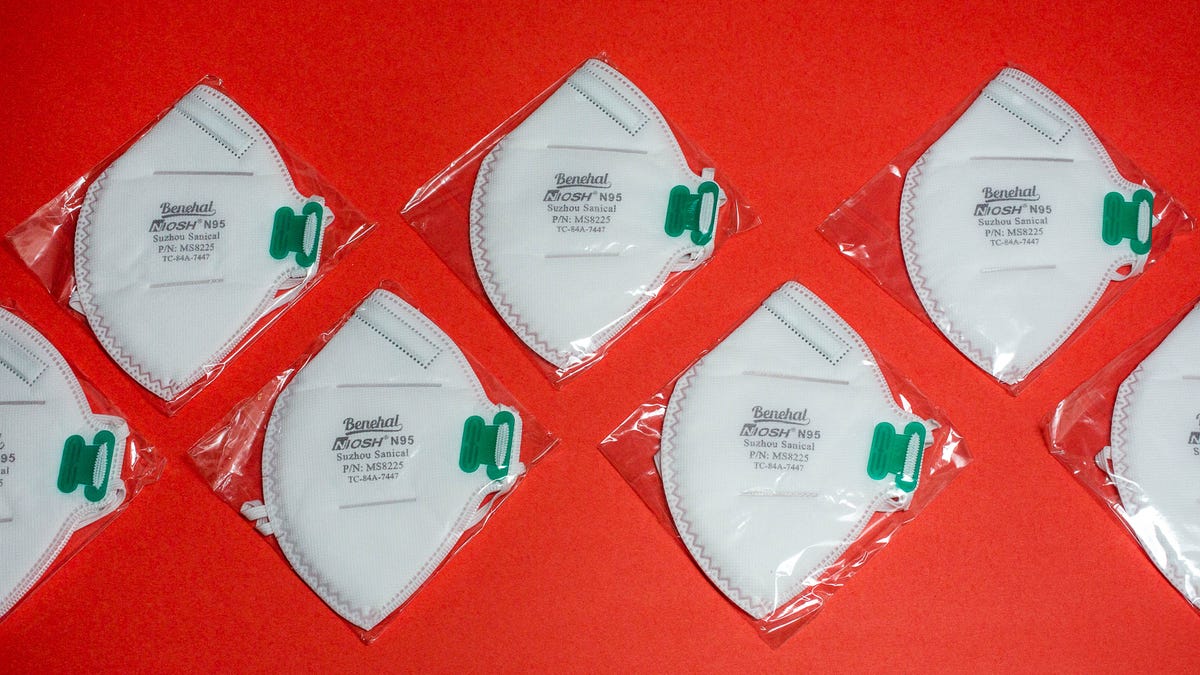Travel restrictions for omicron variant: What they mean
The White House announces stricter testing requirements for travelers coming to the US. The country also has a ban on travelers from eight African nations.

This week a US travel ban went into effect, barring travelers from eight countries in southern Africa, the region which first identified the omicron coronavirus variant. As of Wednesday, the variant has been detected in more than 20 countries, including the US, which has identified it in California, Minnesota and Colorado (many more states are expected to follow).
The World Health Organization labeled the omicron coronavirus variant a "variant of concern" on Nov. 24, sparking worries that another new wave of COVID-19 might land in the middle of a travel-filled and close-quartered holiday season. In response to health experts' expectation that the new variant will cause a spike in cases alongside the delta variant, President Joe Biden's administration announced a plan Thursday that includes tightening travel testing rules. Starting next week, people coming into the US will need to get tested for COVID-19 within one day prior to departure. The government is also extending mask rules for public transportation, including airplanes and buses, through March 18.
"As a precautionary measure until we have more information, I am ordering additional air travel restrictions from South Africa and seven other countries," Biden said on Nov. 26 when he announced the travel ban. "As we move forward, we will continue to be guided by what the science and my medical team advises." On Wednesday, Reuters reported that the US Centers for Disease Control and Prevention asked airlines carrying passengers into the US from southern Africa to share passengers' names and information with the CDC, so state and local public health agencies could be aware.
Here's what we know so far about the travel ban.
Read more: Free COVID at-home test kit: Here's how you'll get yours
Which countries does the travel ban affect? Which countries have omicron?
Travel is restricted from eight countries in southern Africa, where there are cases of COVID-19 fueled by the new variant. South Africa (the country that first reported the new variant to the WHO), Botswana, Zimbabwe, Namibia, Lesotho, Eswatini, Mozambique and Malawi are included in the ban. This means residents or travelers from those countries can't fly into the US if they've been in one of the restricted countries within the last 14 days, according to Biden's proclamation. It's a different story for US citizens though (see the next section).
Omicron has been detected in more than 20 countries so far, including Canada, Germany, the Netherlands, the United Kingdom and the US.
Read more: Clever COVID booster shot trick: Text this number for free rides, easy appointments
If Americans are in a country under the travel ban, can they fly back?
Yes, according to remarks made by Biden on Friday. US citizens and permanent residents may travel home with a negative COVID-19 test.
According to a report by NBC, there are five flights per week between Newark and Johannesburg this week by United Airlines, as well as three United Airlines flights per week between Dulles, in Washington DC, and Accra, Ghana. United will also restart service between Newark and Cape Town on Dec. 1, NBC reported.
On its website, Delta airlines said it currently operates service between Johannesburg and Atlanta three times a week with "no planned adjustments to service at this time."
When will the travel ban be lifted?
It's unknown right now. When he issued the ban, Biden said he would be "guided by what the science and my medical team advises."
Do travel bans work?
Some say the US' travel restrictions are necessary to contain omicron, if not too narrow. Others have criticized the travel restrictions from south African countries, saying they unfairly punish a region that quickly identified a new coronavirus variant and shared the data with the global scientific community.
"There is very little utility of these kinds of bans," Saad Omer, director of the Yale Institute of Global Health, told NPR, adding that the "horse has probably left the barn."
Ultimately, tracking omicron comes down to our ability to detect specific variants. Luckily, COVID-19 cases caused by omicron are easily detected through PCR tests, according to the president's chief medical adviser Dr. Anthony Fauci, but they need to be confirmed through genomic sequencing. Earlier this year, the CDC was sequencing about 8,000 samples in the US per week, Dr. Rochelle Walensky said at a briefing Tuesday. Now the CDC is testing about 80,000 samples per week, she said -- about one in seven samples which test positive for COVID-19.
Correction, Dec. 2: An earlier version of this story mischaracterized US travel restrictions involving eight southern African countries. Non-citizens traveling from those countries are barred from entering the states. But the US hasn't banned Americans from traveling to those nations. The State Department, however, is advising against it.

